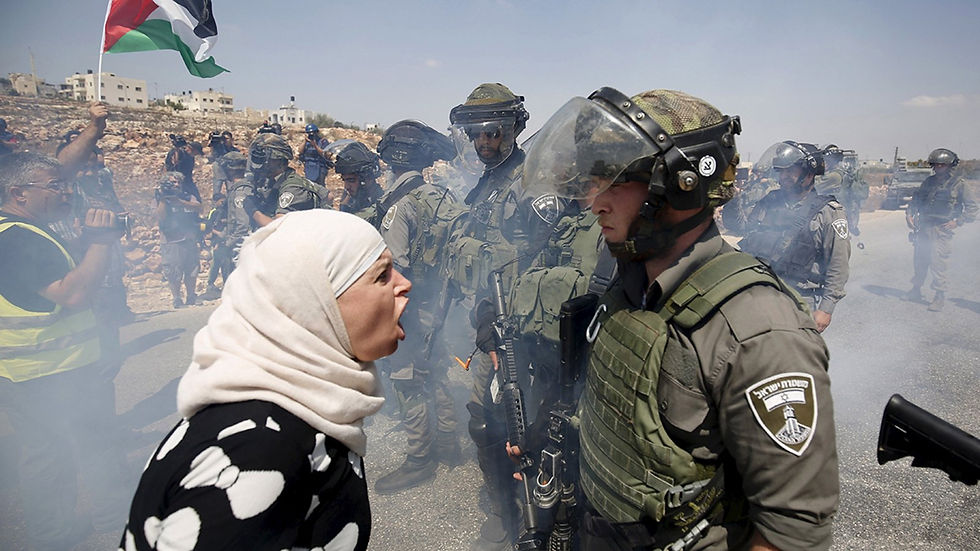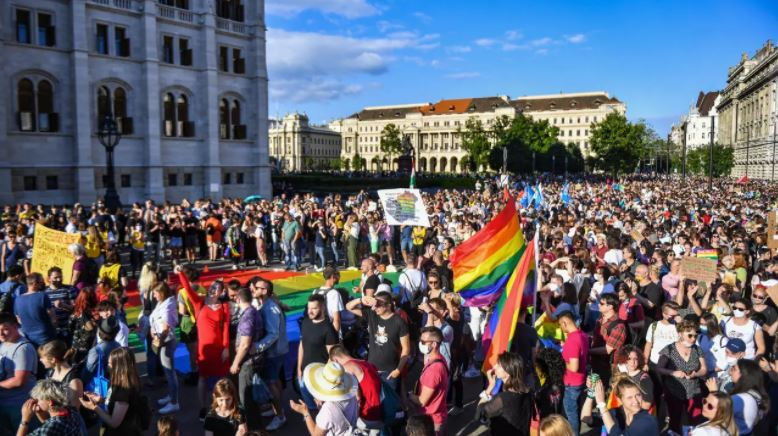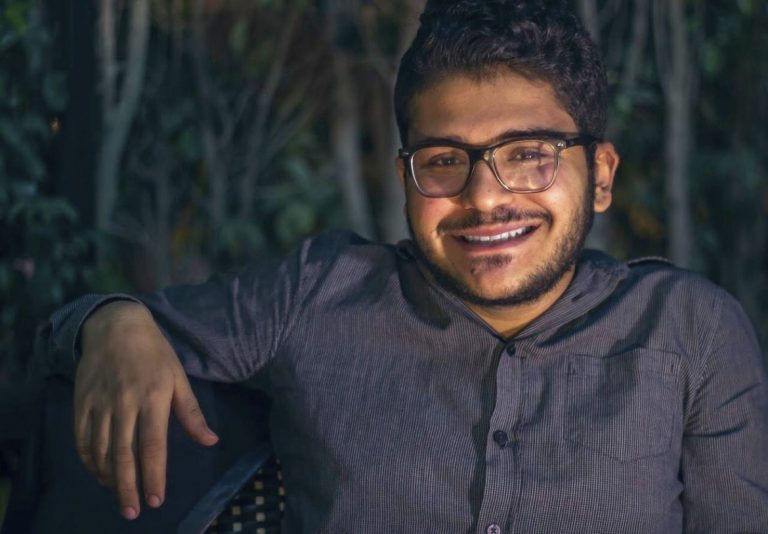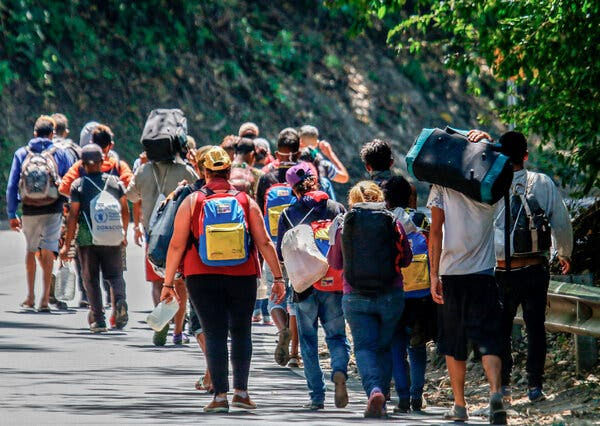Is Israel a discriminatory state?
- Julia Grzegrzółka

- May 19, 2021
- 5 min read

“Over 100 civilians killed, 1,000 wounded” [1], “At least 192 people, including 58 children and 34 women, have been killed in the Gaza Strip” [2], “ 212 people, including 61 children and 36 women, have been killed” [3] “Israel has reported 10 dead, including two children” [4]. Those are the headlines of news reports coming in from Israel and Palestine for the past week describing the worst eruption in violence since 2014.
In April, Israeli authorities attempted to evict 6 Palestinian families from their homes in Sheik Jarrah - a predominantly Palestinian neighbourhood in East Jerusalem. When the case made its way up to the Supreme Court in May, protests and riots over Israel’s eviction policy began [5].
On May 10th, violence broke out between Palestinians and Israeli police in the al-Aqsa mosque in Jerusalem. The clashes happened after Palestinians set up barricades on the hill leading to the mosque in order to keep out extreme Israeli right-wing groups from entering. The groups were headed towards the mosque to celebrate Jerusalem Day - a national Israeli holiday commemorating the regain of control over the city during the Six-Day War in 1967. Each year the celebrations are subject of discussions due to the controversial nature of the holiday.
The Palestinians were throwing stones at the Israeli police while the Israeli policemen were using concussion grenades, tear gas and rubber bullets. The clashes quickly became the number one story in media all over the world as many felt that it was yet another sign of Israeli oppression over the Palestinians as it took place during Ramadan - a holy month in Islam. The confrontation also took place inside the mosque causing destruction [6].
In response to the events of May 10th, Hamas fired multiple rockets from Gaza into the Israeli territory which was followed by Israeli counter-strikes.

Palestinians in Israel
With the return of violence the questions of the legitimacy of the existence of Israel began to come up again and, what is more, the question of whether Israel could even be called a democracy arises.
There is no doubt that even though, both Israeli and Palestinian populations are of similar size, one is privileged by the law and has an advantage in every sphere of life: housing, education, health, employment, family life, residence, and freedom of movement. Israel has the sole governing power over all of the Occupied Palestinian Territories and it implements laws that ensure Israeli control. What is more, the Israeli rule is based on the ideas of advancing the supremacy and domination of one group of people - Jews. Palestinians predominantly live in three areas: the Gaza Strip, East Jerusalem, and the West Bank. Based on the area Palestinians live in, they receive a coloured ID card which determines their rights, ex,: the right of movement or the right to vote.
Palestinians living in Gaza cannot leave and are under constant Israeli blockade, what is more, they do not have any civil or political rights. The West Bank is divided into 165 cantons which are not connected and the whole area is cut off by military checkpoints and walls. Moreover, within the West Bank, Israel has been establishing illegal Jewish settlements in order to bring more Jews to the area and to increase their influence. Palestinians living in the West Bank, just like the ones in Gaza, do not have any civil or political rights. Furthermore, Jewish Israeli settlers are governed by Israeli civil law but the Palestinians need to obey the Israeli military law. In East Jerusalem, Palestinians have more freedom of movement, however they cannot participate in Israel’s politics. Additionally, they are granted a ‘permanent’ residency permit but the permit can be revoked if its holder moves out of the city. Lastly, Palestinians who are citizens of Israel can travel freely and can vote in Israeli elections [7].
It becomes clear that Israel is pursuing the politics of enclaving non-Israeli Jews in dense communities in order to let the Jewish communities thrive.
An apartheid state?
Apartheid is defined in two documents of international law: the United Nations (UN) International Convention on the Suppression and Punishment of the Crime of Apartheid (1973) and the Rome Statute of the International Criminal Court (2002) [8]. According to those documents apartheid is defined as “inhumane acts...committed in the context of an institutionalized regime of systematic oppression and domination by one racial group over any other racial group or groups and committed with the intention of maintaining that regime.” [9] Inhumane acts include: denying people the right to leave and return to their country, denying the right to nationality, expropriation of landed property and the creation of separate reserves and ghettos. Despite the fact that it originated in South Africa as a way to describe the racist regime there, it can be applied to any situation that falls into the mentioned above criteria. Could this also apply to Israeli rule over Palestinians?
Systematic oppression, intent to maintain domination and inhumane acts
The system of segregation which exists in Israel is a form of maintaining dominance over Palestinians. The lack of political and civil rights, the ID system and the rules concerning the ‘permanent’ residency permit that apply to the residents of East Jerusalem showcase this. Additionally to Palestinians being segregated into three areas (Gaza Strip being basically a ghetto) they also cannot move from any of them to Israel nor can anyone from abroad move into those three locations. [10]
The Israeli Nation-State law passed in 2018 states that Israel is a nation-state of Jewish people and the right to national self-determination in the state of Israel is unique to the Jewish people, moreover it established the Jewish settlement as a national value. That being said, Palestinians with Israeli citizenships are considered second category citizens to Jews with Israeli citizenships [11]. Furthermore, Israelis living in the West Bank are subject to civil law but Palestinians must obey the military law. [12]
Restrictions on movement, land confiscation, denial of residency to Palestinian refugees, denials of building permits (and later evictions from illegally build houses) are human rights abuses and inhumane acts. Establishment of Jewish settlements in the West Bank is also a form of restricting the development of Palestinian communities and increasing Israeli control.
The reality is that there are two nations living in the same area, under the same state but are subject to two sets of completely different, unequal rules.
To conclude, in total there’s seven million Palestinians that live in the Occupied Territories and in Israel itself (Arab Israelis make up about 20% of Israel’s population) [13] yet they are being treated as second class people who for the large part, do not have the right to participate in elections nor in political life. What makes the conflict between Israel and Palestine even more complicated is the religious importance of the land - sacred for both parties. However, there are always two sides of the story. While fighting for Palestinians’ rights the hostile actions taken by Hamas towards Israel cannot be ignored as there are also many casualties on the Israeli side. Nonetheless, in this fight Israel has an undeniable advantage and must seek a peaceful resolution of the conflict while respecting human rights.



Comments